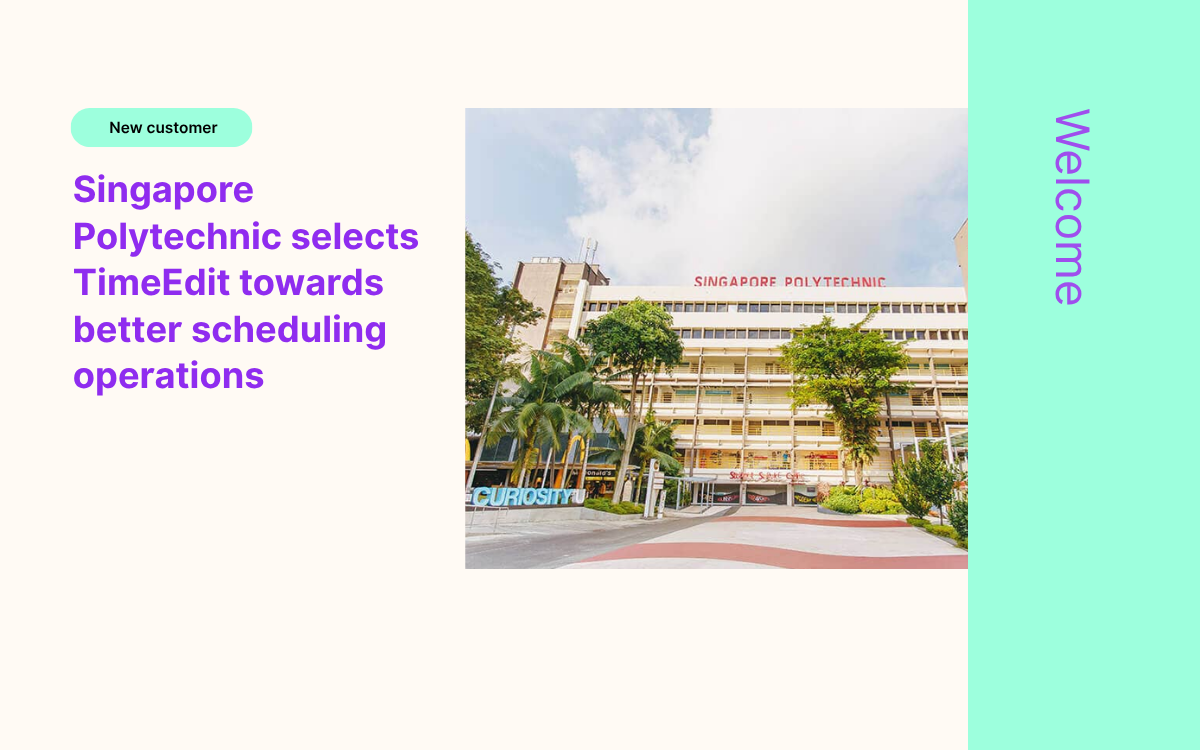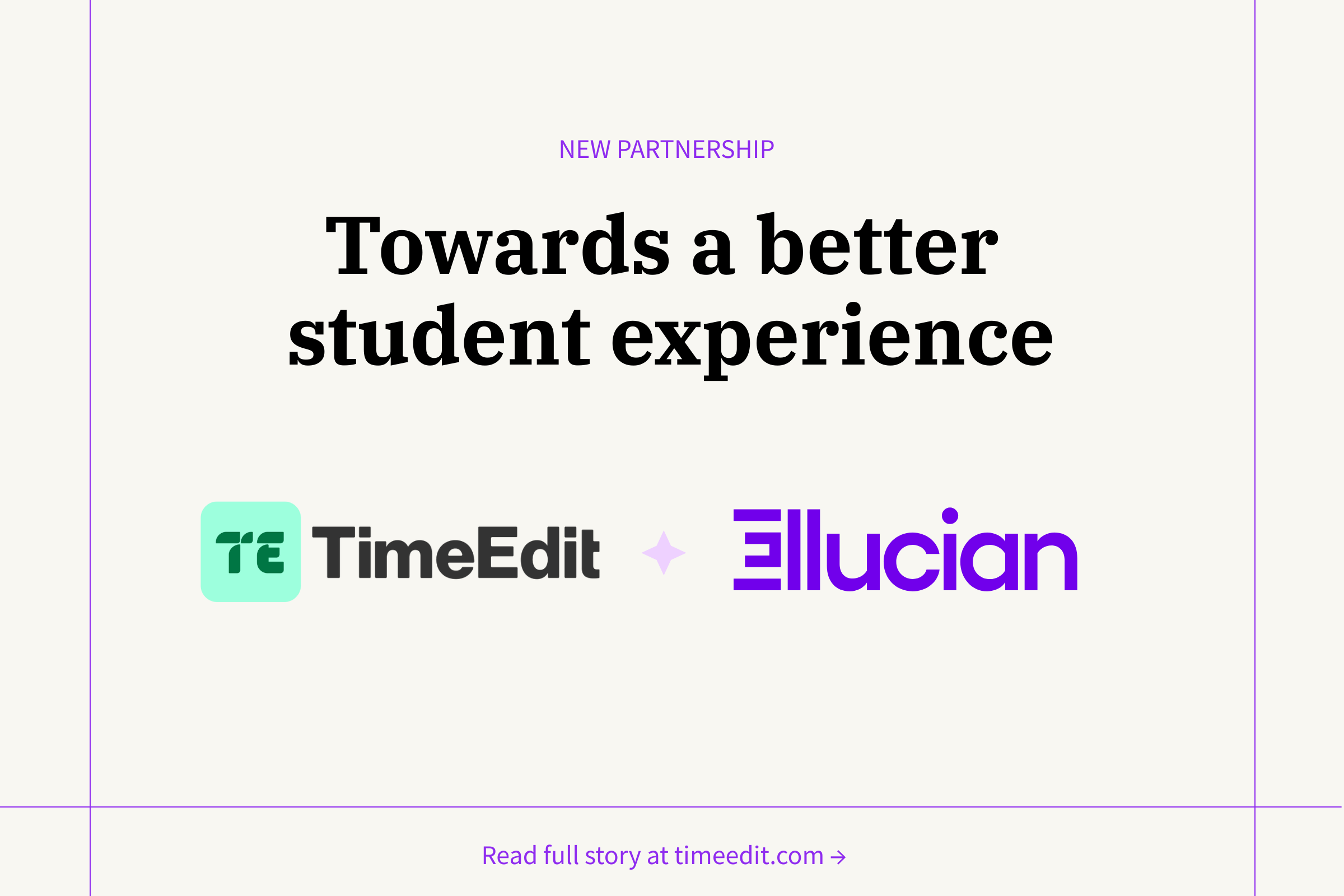Context and expectations
The growth and challenges created new realities for the university to consider. They highlighted the importance of timetabling and space management to run the university properly: to maintain high standards and offer the students and staff quality services, but also have the capability to make informed decisions.
In this context, attention was focused on some key points:
- Involvement of all timetablers (some 80 people) and all the resources of 13 faculties in one single environment
- Unifying the timetabling and room allocation procedures on every campus
- Consideration of the specific faculty and campus constraints, but also adaptation to a single centralised process
- Set up of procedures to maximise the use of the rooms (which are managed centrally) in a very tight context for space management
- Identifying the needs regarding the teaching spaces in a long-term perspective
- Providing all the students and lecturers an easy way of accessing their timetables and get individual schedules and flexible solution
Given this situation, the ULB needed to be ready and better equipped for its current and future needs. Furthermore, as the energy devoted to timetabling (creation, changes) and room allocation increased every year, a user-friendly and effective resource management, scheduling and publishing solution was essential for the ULB as she could not depend on on-premises undersized solutions anymore. A call for tender was launched in 2020 to get an overview of the existing timetabling solutions with different aims in mind, and more importantly:
1. Reliability: users needed a solution with more control on data, enabling easy and quick checks, making it possible to rely on data to ensure better decision-making
2. Accessibility: it had to be available everywhere and any time with minimal service disruption (especially for the publishing solution)
3. Quality and effectiveness: it was necessary to accelerate the processes (e.g., to react quickly in case of last-minute changes, to visualise room timetables) and make schedules more flexible
The Implementation
We had a talk with Amélie Théry, Head of the Timetabling Coordination and Teaching Spaces Team at ULB, about the implementation and the first few months with TimeEdit. She talks about the tender and implementation process:
“The results of the tender procedure were very clear: TimeEdit was the best fit for ULB. When the implementation started in February 2021 we had a very specific and aspirational goal: getting the timetabling and publishing solutions ready to welcome all the reservations for the academic year 2021-2022. This basically meant that TE Core, the timetabling system, had to be fully configured before April 2021 to launch the training sessions of all the timetablers and room managers.”
“The results of the tender procedure were very clear: TimeEdit was the best fit for ULB"
“Needless to mention, this period was quite intense, especially under COVID times involving continuous changes in the on-going academic year. Such an ambitious project with such a short deadline has of course definitely been a challenge. Nevertheless, the project definition was clear from the beginning with a very effective structure provided by the TimeEdit implementation manager. Time/project management indicators were both clear and realistic, and of course aligned with the ULB’s needs and the short timeframe.”
Key results
Considering the high stakes and the size of the change for the university, failure or delay were definitely not options for the launch. The project was considered a huge success as all the deadlines were observed and the feedback made the project management team and the ULB’s authorities optimistic about the launch and the now regular use of TimeEdit. Amélie explains:
It now becomes clear that the system can be more than just a place to record our reservations, but a whole new way of approaching our scheduling and space management issues. And that’s major.”
“The timetablers were able to handle the system easily and managed the change efficiently. Many users highlighted the user-friendliness of TE Core and how reassuring it was to get some changes done and displayed in a few clicks. The reliability of the system and the flexibility of the implementation to fulfil our needs were also huge assets that enable us to consider the full potential of timetabling. It now becomes clear that the system can be more than just a place to record our reservations, but a whole new way of approaching our scheduling and space management issues. And that’s major.”
Image: ©Lara Herbinia





.png)

.png)
.png)
